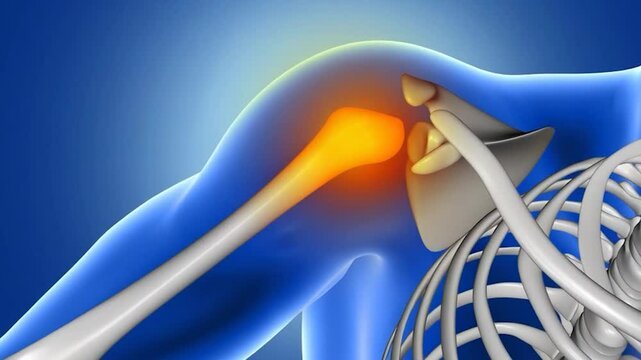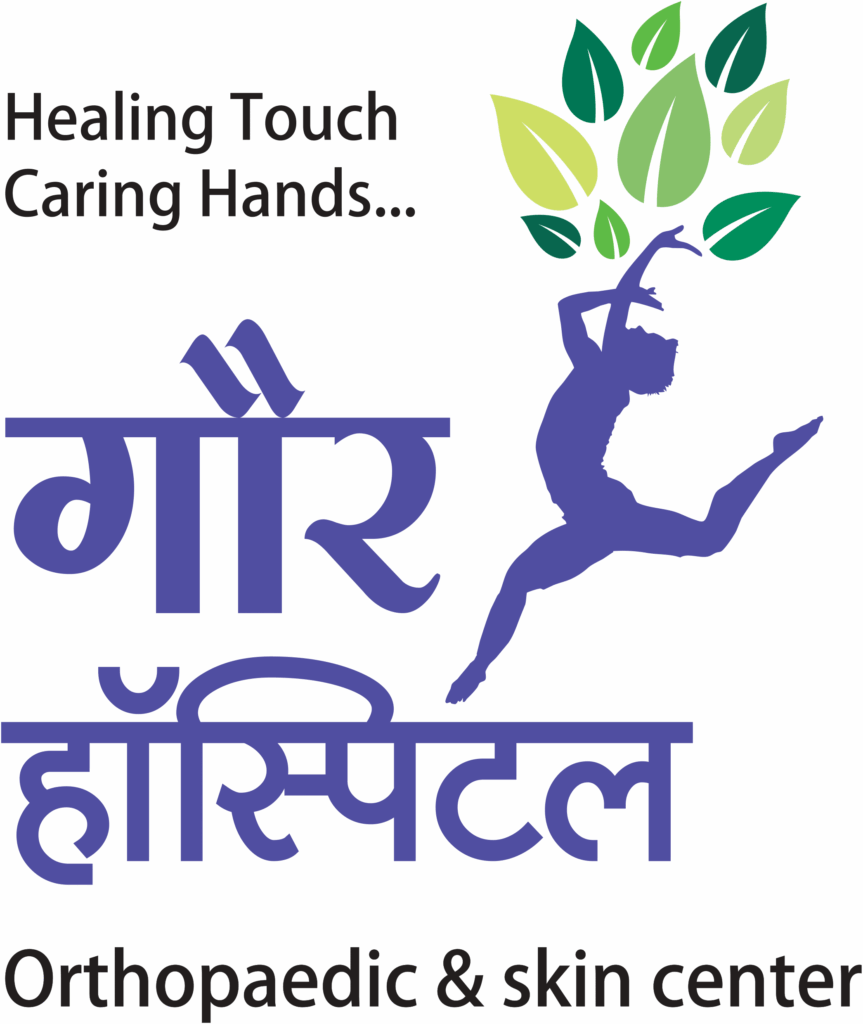Shoulder dislocation surgery


All Services
- Knee replacement surgery
- Partial knee replacement
- Hip replacement
- shoulder replacement
- Joint replacement
- ACL surgery
- PCL surgery
- Ligament surgery
- Meniscus repair surgery
- Key hole surgery
- Arthroscopy surgery
- Joint preservation surgery
- High tibial osteotomy surgery
- Fracture surgery
- Trauma
- Shoulder arthroscopy
- Shoulder dislocation surgery
- Rotator cuff repair surgery
- Spine surgery
- Knee pain
- shoulder pain
- Back pain
- Nonunion surgery
- Bone and Joint
- Joint pain
- Sport injury
Contact Us

What is Shoulder Dislocation Surgery?
When is Shoulder Dislocation Surgery Recommended?
Your doctor may suggest surgery if:
👉 You have frequent or recurrent shoulder dislocations
👉 The first dislocation caused major damage to the bone or soft tissues
👉 You feel your shoulder is unstable or “slips out” easily
👉 You are young, active, or involved in sports and want to prevent further injury
👉 Non-surgical treatments (bracing, physiotherapy) have not worked
Types of Shoulder Dislocation Surgery
🔹 Arthroscopic (Keyhole) Stabilization:
Small incisions are made, and the torn labrum (cartilage rim) or ligaments are repaired using sutures and anchors.
🔹 Open Stabilization Surgery:
Used in complex cases or when bone damage is present.
May involve procedures like the Latarjet (bone block procedure) to prevent the shoulder from dislocating again.
Benefits of Shoulder Dislocation Surgery
✅ Restores shoulder stability
✅ Reduces the risk of future dislocations
✅ Improves shoulder strength and confidence
✅ Allows safe return to sports and active lifestyle
Recovery After Shoulder Dislocation Surgery
Hospital stay: Usually same day or 1 night
Sling support: Worn for 3-6 weeks
Physiotherapy: Gradual strengthening and range of motion exercises
Return to sports: Usually 4-6 months
